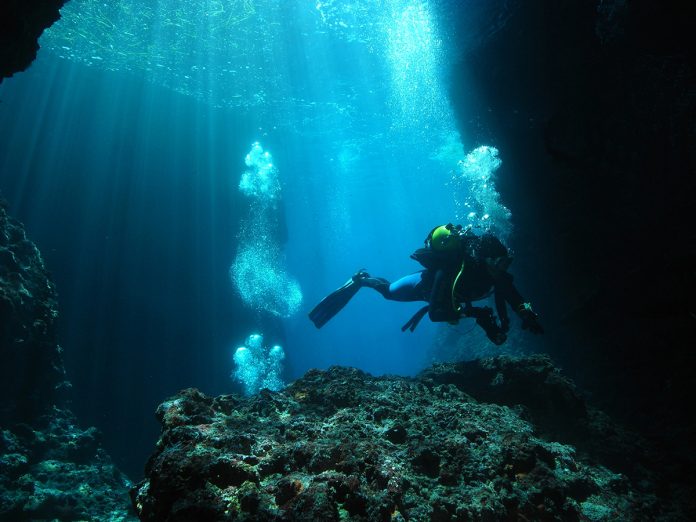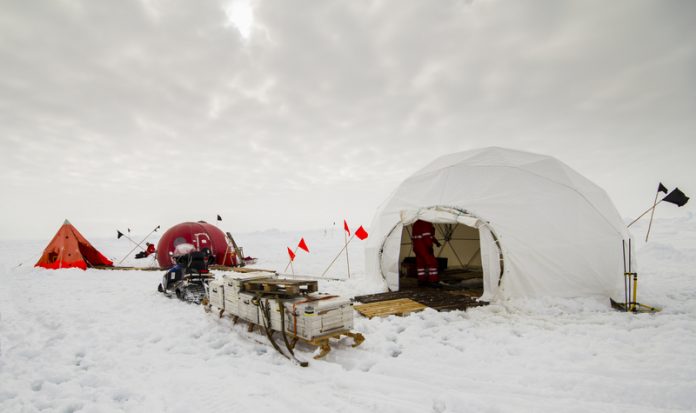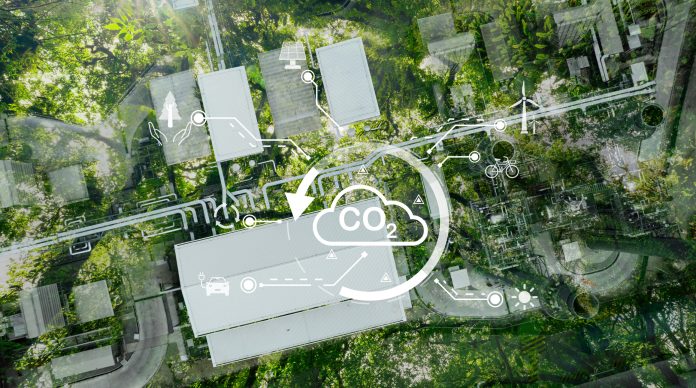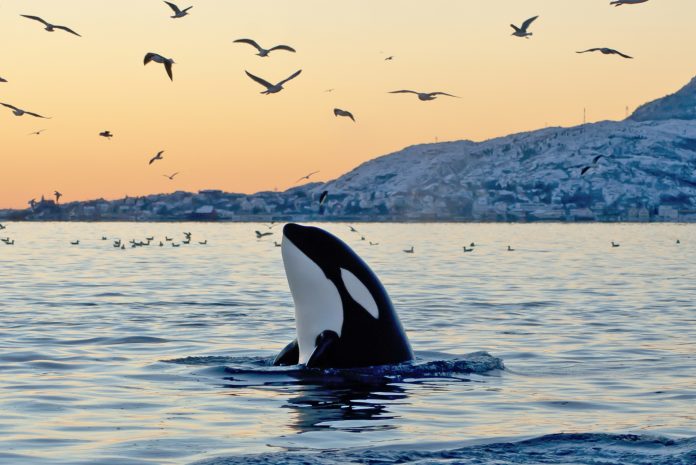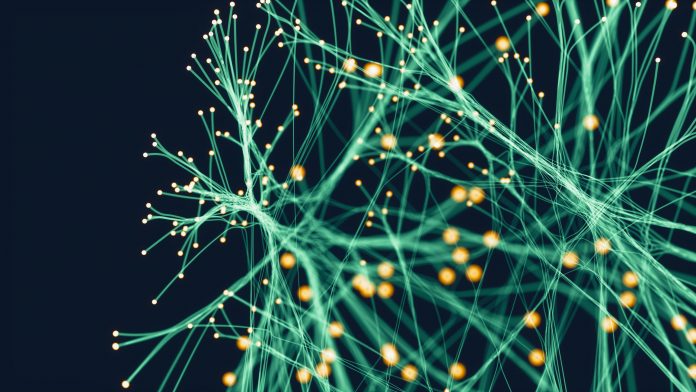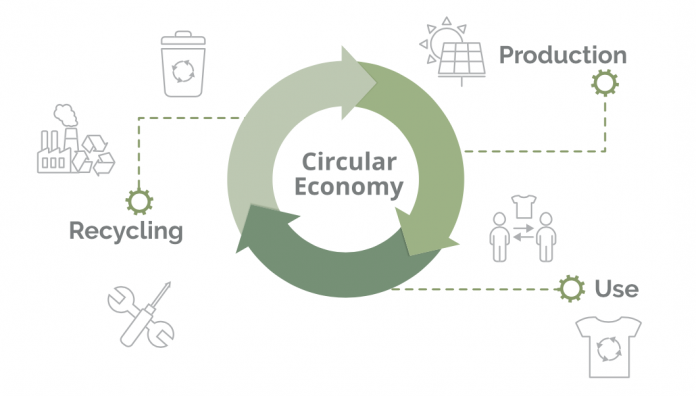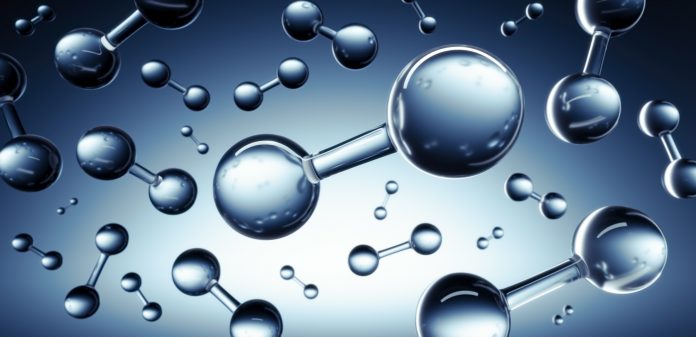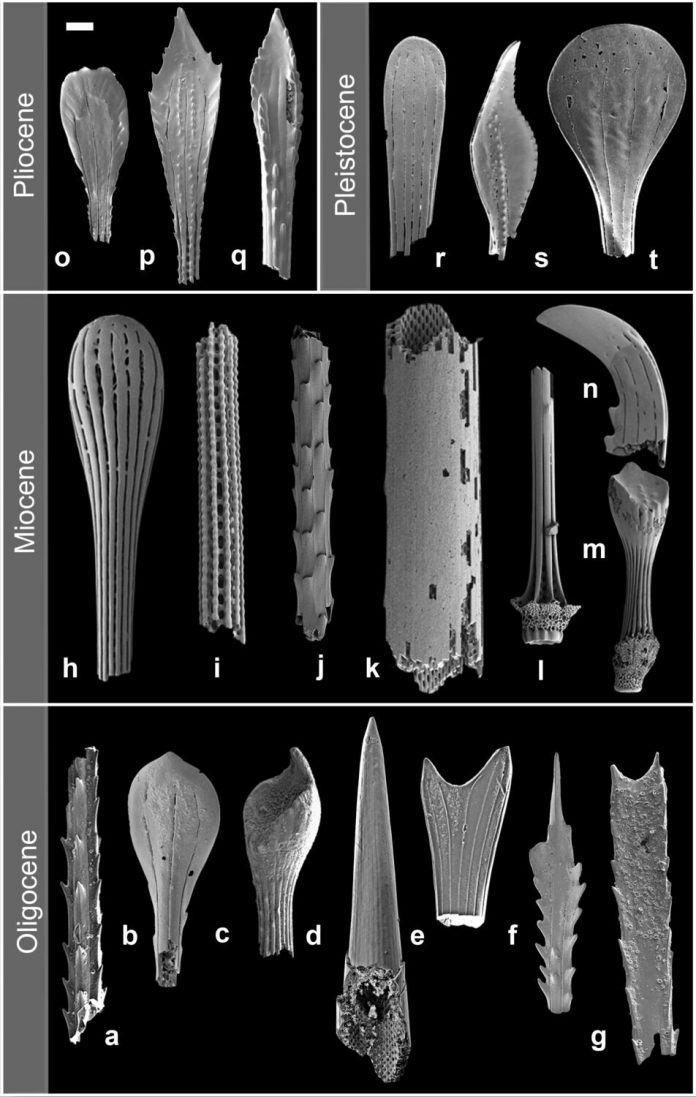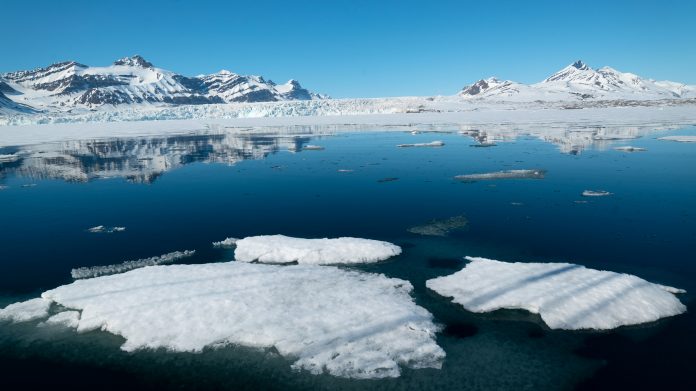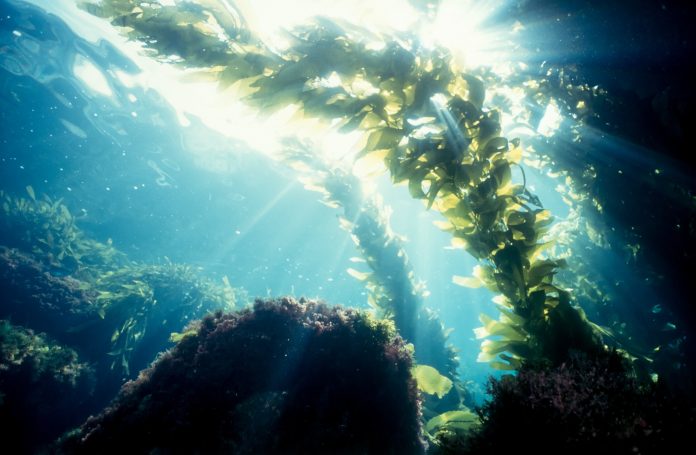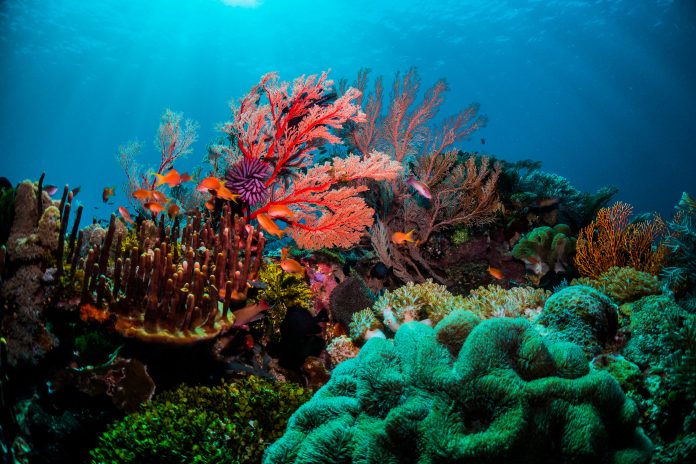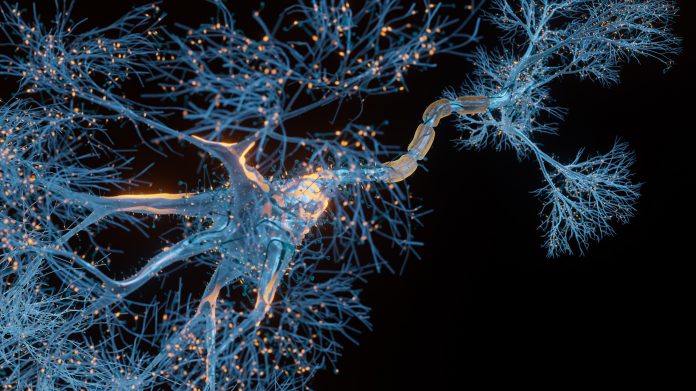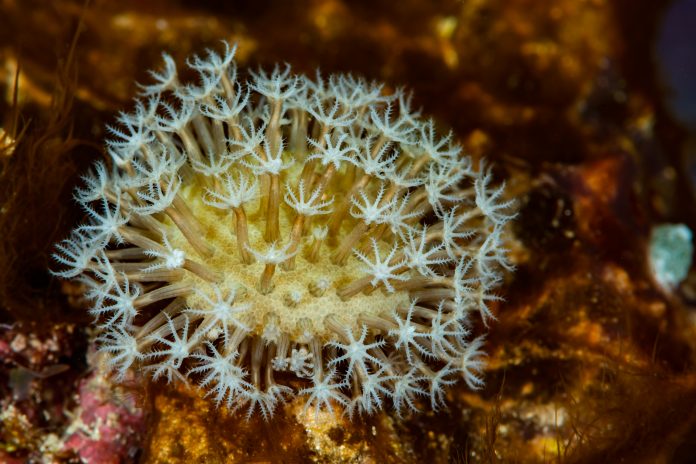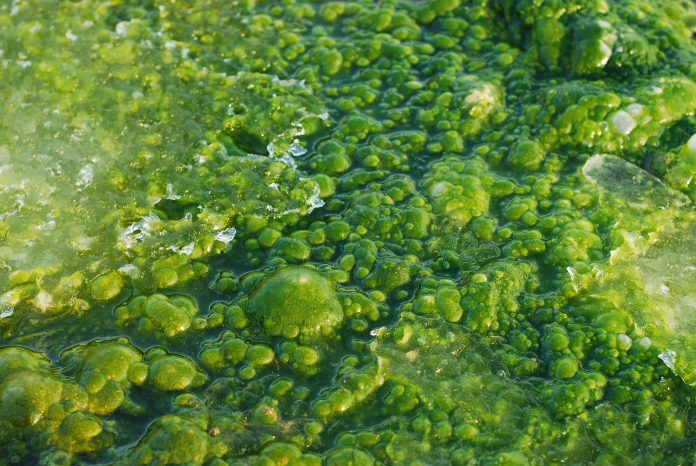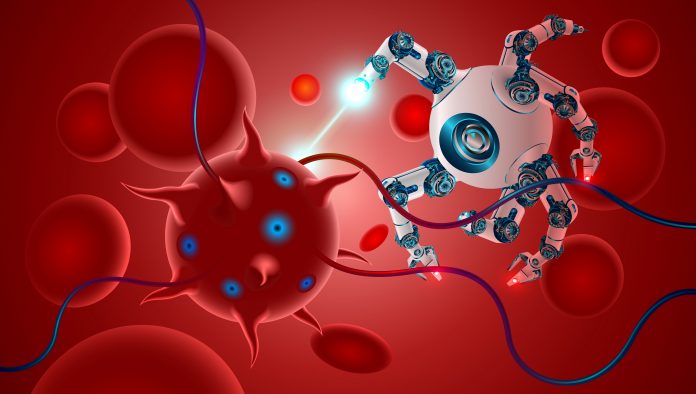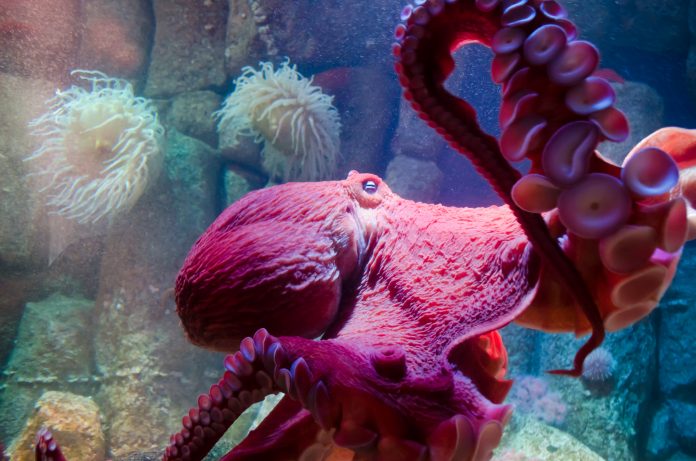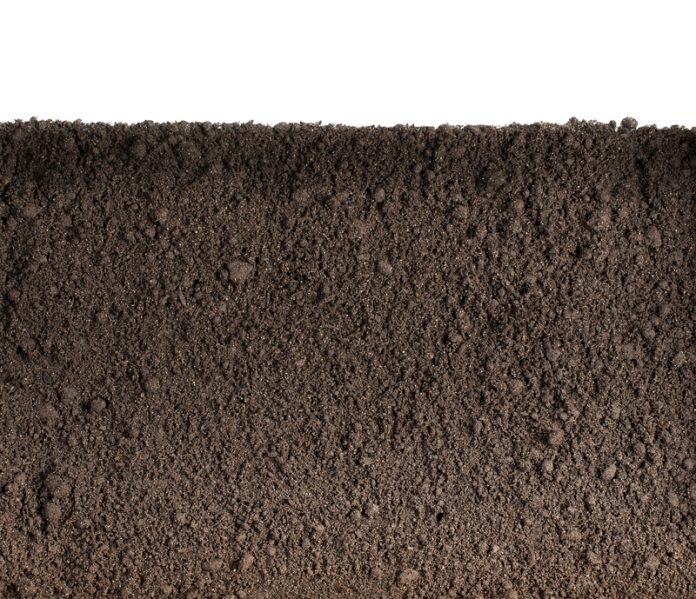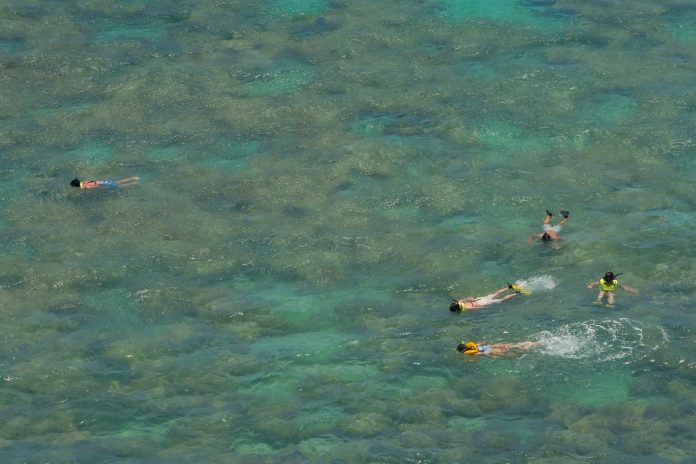Open Access Government produces compelling and informative news, publications, eBooks, and academic research articles for the public and private sector looking at health, diseases & conditions, workplace, research & innovation, digital transformation, government policy, environment, agriculture, energy, transport and more.
Home Search
marine biology - search results
If you're not happy with the results, please do another search
Developing research in maritime regions through innovation ecosystems
Here, the EMBRC-ERIC (European Marine Biological Resource Centre) explores the need to develop research activities by focusing on innovation ecosystems.
Innovative research in the polar regions
Open Access Government provides an insight into the work of The National Science Foundation’s Office of Polar Programmes’ research about the Polar Regions
Solving the carbon storage gap with ocean-based enhanced weathering reactor technologies
Martin Van Den Berghe, CEO of Cytochrome, explains how to solve the carbon storage gap with ocean-based Enhanced Rock Weathering reactor technologies.
Animal welfare: Understanding why Orcas are sinking boats
The orcas who have sunk seven boats off the coast of Spain and Portugal within four years have captured the public’s attention — but for all the wrong reasons. So why are Orcas sinking boats, and why is changing the narrative important?.
The general principles behind neuronal connectivity
A single set of basic networking principles governs how neurons wire together, shaping the brain's circuitry.
Mita Drius – Free University of Bozen-Bolzano
Mita Drius is currently researcher at the Free University of Bolzano-Bozen, Faculty of Education (Bressanone, I), where she teaches Didactics of Biology and Chemistry
She holds a PhD in Ecology, and her expertise is in ecosystem services, green infrastructure, and Mediterranean coastal habitats.
In the last ten years she has been...
Purple non-sulfur bacteria and the circular economy
Arpita Bose, Associate Professor at Washington University in St. Louis, discusses the potential of microbial solutions in supporting sustainable and environmentally responsible alternatives to the traditional linear economy.
Revolutionising CO2 capture: The microbial enzyme solution
By isolating a microbial enzyme and attaching it to an electrode, researchers have achieved efficient one-way conversion of CO2 into formate and, therefore, discovering a new form of CO2 capture.
Could 104 million year old fossil spines reveal the history of the sea?
What can fossil spines really tell us about ocean adaptation? Beneath the Ocean's surface, the earliest, most basic life forms on Earth emerged but how did they survive mass extinction?
The deep sea is now known for its unusual marine life, but what researchers really want to know is how...
Arctic dipole reversal: Key factor in arctic sea ice trend
New research led by an international team of scientists explains why Arctic Sea ice loss has slowed since 2007. Their findings indicated this was linked to a weather pattern called the Arctic dipole reversal
This Phenomenon, Known as 'Atlantification,' Reveals How North Atlantic Waters Impact the Arctic Ocean's Climate.
Responses to...
Researchers calculate the entire carbon sequestration of the California current
Researchers aim to quantify carbon sequestration when looking at the California Current ecosystem, analysing the impacts of the biological pump and algal sinking.
Indo-Pacific corals cope better in higher ocean temperatures
An international team led by Penn State found that Indo-Pacific corals cope better with rising water temperatures than Atlantic corals.
‘Most advanced brain map to date’ conducted on an insect
Researchers have completed an advanced brain map on an insect, aiding future brain research and neuroscience in the understanding of the mechanism of thought.
Exploring hexacorallian models to aid corals affected by climate change
In this interview, Benyamin Rosental, PhD, from the Shraga Segal Department of Microbiology, Immunology, and Genetics, looks toward hexacorallian models to transplant stem cells to corals affected by global warming.
Seaweed farming: Biomass production from algae
Algae are a high-potential yet underexplored source of renewable biomass, could seaweed farming be the future for biomass production?
The functional utility of intellectual humanity in a polarized world
Only in the past decade or so have social scientists seriously studied intellectual humility as a virtue that might counter problems with this alarming social trend toward division
Colonel Jessup—you may not remember the name, but some of you will know whom we are talking about. He is the fictional...
‘Nano-robot’ built entirely from DNA
Nano-robot made from DNA can study cell processes invisible to the naked eye.
Octopus’ brain and human brain share the same ‘jumping genes’
A new study has identified a link between genes in both the human brain and the octopus brain which could explain the remarkable intelligence of the invertebrates .
Could soil microbes be a solution to the climate crisis?
Research from Arpita Bose’s lab combines nature with the laboratory to innovate solutions to our global climate crisis
Much of the focus on climate change mitigation lies in reducing anthropogenic emissions of carbon greenhouse gases (e.g., carbon dioxide, CO2; methane, CH4), which continue to increase. An additional consideration is the...
61% of Hawaiian coral exposed to warming conditions, survive
In an optimistic 22-month study of Hawaiian coral, researchers find they may adapt well to warmer and more acidic oceans resulting from climate change.

